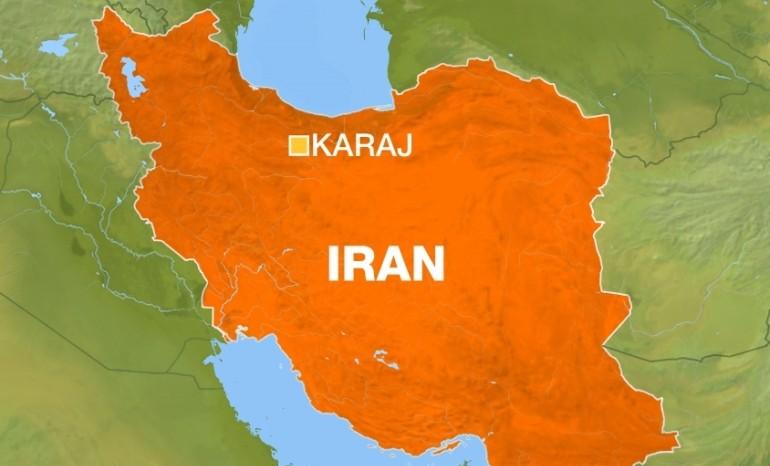Al Jazeera announced on December 15 that Iran had allowed the IAEA access to a centrifuge parts manufacturing plant in Karaj and had reinstalled damaged surveillance cameras. According to Russian media reports on December 10, Iran's ambassador to the UK said that the monitoring of Iran's nuclear facilities may have been destroyed by Israel, and it may even be possible to use the broken surveillance to launch an attack on Iranian facilities in June, and the relevant incidents are currently under investigation.

The United Nations Security Council held a meeting on the Iranian nuclear issue on the 14th, and both the United States and Iran have made demands, and if the two sides ask for it, the negotiations may become clear. The Iranian nuclear agreement is the United States chose to unilaterally withdraw, and constantly impose sanctions on Iran, which is also the reason why the Iranian nuclear crisis is difficult to resolve, and the correct way to solve the Iranian nuclear issue should be through dialogue and negotiation, rather than gradually strengthening sanctions on Iran.
Surveillance equipment destroyed by Israel?
In April, the BBC Chinese released that the power system of a nuclear facility in Iran had failed, which officials pointed to as a deliberate act of sabotage, and then intelligence sources revealed that it was caused by a cyberattack by Israel. In this regard, Iran said that although no personnel were injured and no accident was leaked, it condemned the incident as intentional and accused Israel, and the Iranian side said it would have the right to "fight back". In June, Iran again charged Israel, and at the end of June, Iran's nuclear facilities were damaged, but Israel did not respond to the incident.
In addition to intelligence sources, Haaretz also revealed that the incident may be considered an Israeli cyber attack. Why is Israel involved? Defense analysts at Israeli news sites say there is reason to believe it is a desire to slow the "nuclear race." Due to the delay in the negotiations on the Iran nuclear agreement, the United States continues to impose sanctions on Iran, for which Iran has proposed to lift sanctions and the two sides have negotiated, and at this time Iran has the ability to develop nuclear weapons.
The Iranian nuclear agreement is renegotiated
The Iranian nuclear agreement was renegotiated on November 29, and the United States did not directly talk to Iran because the United States unilaterally announced its withdrawal from the Iranian nuclear agreement. Negotiations on the agreement have not gone well. The two sides have been deadlocked for some time, but the situation may be clear at present.
Recently, on the Iranian nuclear issue, an open meeting was held again, and it was difficult to reach a "unified" opinion, and the Two Sides of Iran and the United States also made a clear statement and put forward their own demands, the Iranian side insisted on lifting sanctions on Iran, and the United States said that if Iran complies with its obligations again, it is willing to cancel the comprehensive sanctions on Iran. Although there is still a trend of stalemate between the two sides, making the demands clear may bring light to the negotiations.
The United States has been putting constant pressure on Iran
According to Geng Shuang's speech on the 14th, we learned that for the Iranian nuclear issue, pressure on Iran cannot solve the problem, and it is useless to publicize that the negotiations will be further threatened and sanctioned against Iran, and will only interfere with the process of negotiations. The Russian side said that the key to the problem of returning to the Iranian nuclear issue lies in the United States, and the content of the agreement should not be added or deleted, and regretted the relevant policies of the United States to sanction Iran.
In order to realize hegemonism and control the Middle East, the United States has continuously interfered in the internal affairs of Middle Eastern countries and launched wars under the pretext of "counter-terrorism", causing turmoil in the Middle East due to war and chaos, and constantly sanctioning Iran in order to lay out the Middle East strategy.